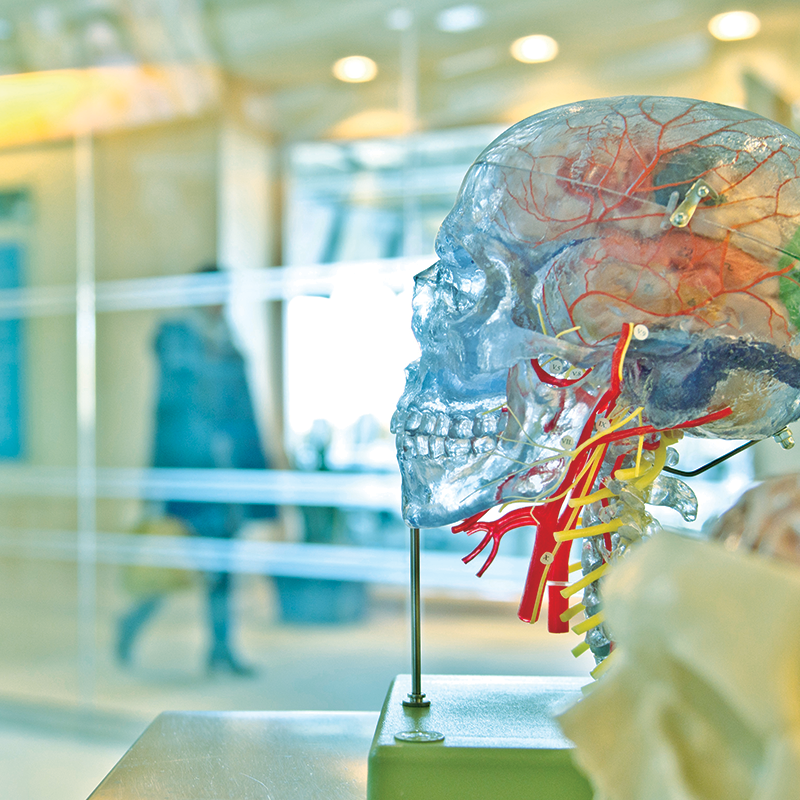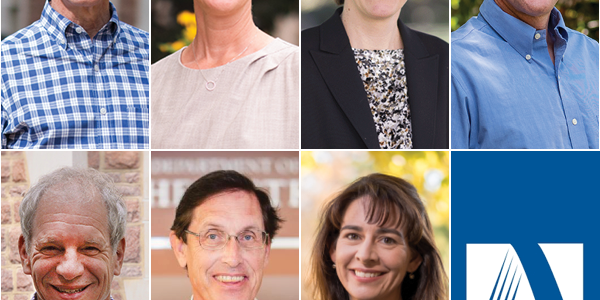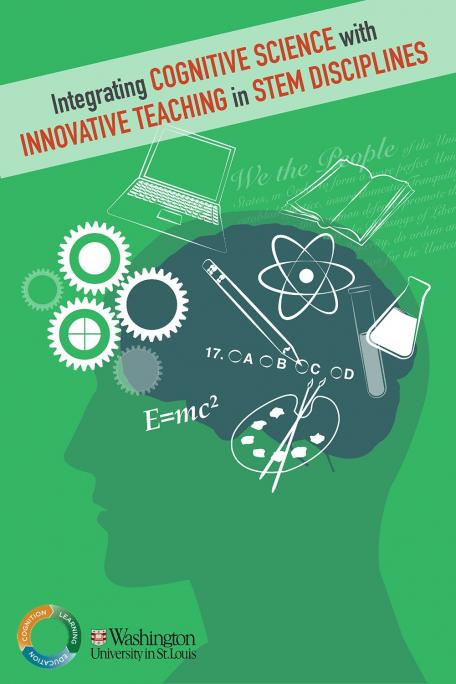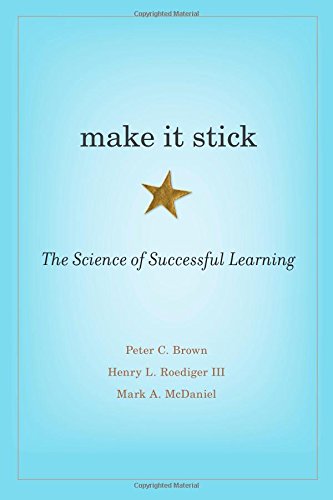Selected Publications
Anderson, F. T., & McDaniel, M. A. (2021). Restudying with the quiz in hand: When correct-answer feedback is no better than minimal feedback. Journal of Applied Research in Memory and Cognition. Advanced online publication. https://doi.org/10.1016/j.jarmac.2020.10.004 (PDF)
McDaniel, M. A., Einstein, G. O., & Een, E. (2021). Training college students to use learningstrategies: A framework and pilot course. Psychology Learning & Teaching. https://doi.org/10.1177/1475725721989489 (PDF)
Frey, R. F., McDaniel, M. A., Bunce, D. M., Cahill, M. J., & Perry, M. D. (2020). Using students’ concept-building tendencies to better characterize average-performing student learning and problem-solving approaches in general chemistry. CBE—Life Sciences Education. 19:ar42 DOI:10.1187/cbe.19-11-0240 (PDF)
McDaniel, M. A., & Einstein, G. O. (2020). Training learning strategies to promote self-regulation and transfer: The knowledge, belief, commitment, and planning framework. Perspectives on Psychological Science, 15, 1363-1381. https://doi.org/10.1177/1745691620920723 (PDF)
Miyatsu, T., & McDaniel, M. A. (2019). Adding the keyword mnemonic to retrieval practice: A potent combination for foreign language vocabulary learning? Memory & Cognition, 47, 1328-1343. (PDF)
Anderson, F. T., & McDaniel, M. A. (2019). Retrieval in prospective memory: Multiple processes or just delay? Quarterly Journal of Experimental Psychology. Advance online publication. http://dx.doi.org/10.1177/1747021819845622.
Cejudo, A. B., McDaniel, M. A., & Bajo, M. T. (2019). Event versus activity-based cues and motivation in school-related prospective memory tasks. PLoS ONE 14(4):e0215845. DOI: 10.1371/journal.pone.0215845
Miyatsu, T., Gouravajhala, R., Nosofsky, R. M., & McDaniel, M. A. (2019). Feature highlighting enhances learning of a complex natural science category. Journal of Experimental Psychology: Learning, Memory, and Cognition, 45, 1-16.
Nosofsky, R. M., Sanders, C. A., Zhu, X, & McDaniel, M. A. (2019). Model-guided search in optimal natural-science-category training exemplars: A work in progress. Psychonomic Bulletin & Review, 26, 48-76.
McDaniel, M. A., Cahill, M. J., Frey, R. F., Rauch, M., Doele, J., Ruvolo, D., & Daschbach, M. M. (2018). Individual differences in learning exemplars versus abstracting rules: Associations with exam performance in college science. Journal of Applied Research in Memory and Cognition, 7, 241-251. (PDF)
Anderson, F. T., Rummel, J., & McDaniel, M. A. (2018). Proceeding with care for successful prospective memory: Do we delay ongoing responding or actively monitor for cues? Journal of Experimental Psychology: Learning, Memory, and Cognition, 44, 1036-1050.
Mark A. McDaniel, Robert M. Nosofsky and Craig A. Sanders. (2018) Tests of an Exemplar-Memory Model of Classification Learning in a High-Dimensional Natural-Science Category Domain. Journal of Experimental Psychology: General 2018, Vol. 147, No. 3, 328–353
Mark A. McDaniel, Michael J. Cahill, and Julie M. Bugg. (2016) The Curious Case of Orthographic Distinctiveness: Disruption of Categorical Processing. Journal of Experimental Psychology: Learning, Memory, and Cognition, Vol. 42, No. 1, 104–113







